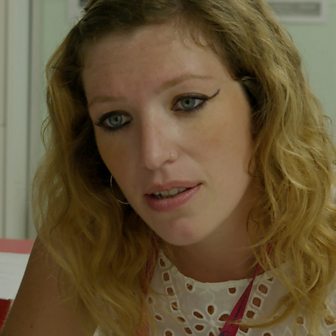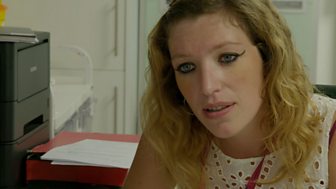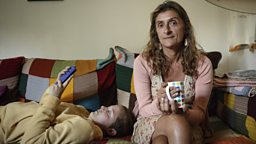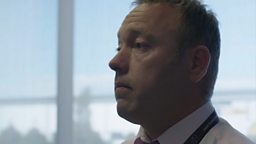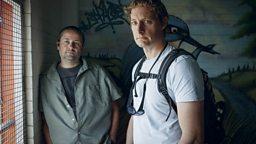Becky Risley
A day in the life of a Bristol drugs project worker
09:00
I always encourage clients to consider engaging with group work, to start to look at the psychological dependencyBecky Risley
I arrive at the local GP surgery in central Bristol to ensure my room is booked and ready. I check my voicemails from the night before and get up to date with my emails. I take the opportunity to look over any medical notes that may be relevant to the opiate substitution prescribing that will be commenced at the appointment. Ensuring the urine drug screen results are back and positive for opiates is an essential part of the role; without opiates in the urine screen no opiate substitution prescribing will be started.
10:00
My first appointment of the day is due to arrive. When the client attends, my aim is to complete all the assessment paperwork and ensure the client is fully aware of the physical risks of being prescribed opiate substitution. I also prescribe the client with Naloxone, a drug we give out that reverses the effects of opiates and helps prevent people from dying if they overdose. (Overdose risk increases in the early days of getting on a script.)
Alongside the physical management of the opiate addiction, I always encourage clients to consider engaging with group work, to start to look at the psychological dependency.
11:15
On completion of paperwork and explaining the protocols and procedures to the clients around collecting their script and how to get their next script issued, I then discuss the prescription I have written with the GP on call. I explain my reasoning for the medication prescribed and the dosage to the GP and if we are in agreement, the GP signs the prescription and I go back to the client to discuss which pharmacy they would like to attend.
12:00
When the client leaves with their first prescription, I call the designated pharmacy and advise them of the new patient they have coming to them. I then return to my room to write up the notes from the assessment, leaving a copy with the GP and taking a copy for BDP (Bristol Drugs Project). This process usually takes between two to three hours depending on complexities.
Lunch and repeat
Throughout the day I will have phone calls from people already assessed, and also people waiting to be assessed looking to book their appointment.
I also get regular phone calls regarding clients who have not collected their prescription for three days and the pharmacy has stopped dispensing. Arranging a time to get re-started can be challenging as I have to ring the health centre to book a room, and then co-ordinate a convenient time to get it started again.
